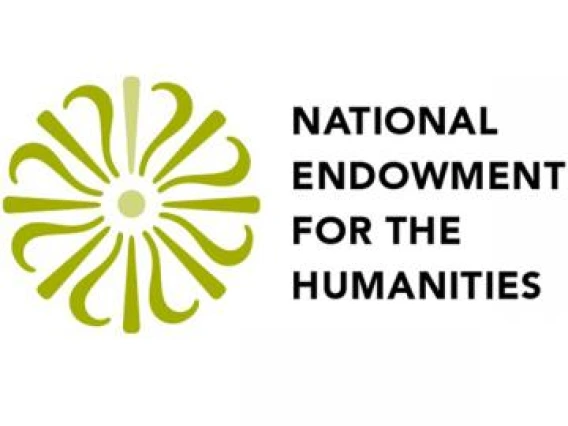
Two faculty projects in the College of Humanities have been awarded funding from the National Endowment for the Humanities.
The awards, announced Jan. 10, are among $28.1 million in grants for 204 humanities projects across the country.
Italian faculty members Maria Letizia Bellocchio, Giuseppe Cavatorta and Borbala Gaspar will receive $150,000 for their project, “Italian in Wonderland: A Curriculum Redesign on an Open Educational Digital Platform.”
Harris Kornstein, Assistant Professor of Public and Applied Humanities, is awarded a $60,000 fellowship for his project, “Enchanting Technology: Obfuscation, Play, and Other Queer Strategies for Countering Surveillance Capitalism.”
“Italian in Wonderland” is a three-year curriculum redesign project that will focus on developing groundbreaking Italian courses that are cross-disciplinary, cross-cultural and adaptable for online, hybrid and in-person teaching modes. Project director Bellocchio, Associate Professor of Practice, said the traditional curricula in Italian Studies programs focuses on the development of language proficiency skills at the expense of a more holistic approach that integrates broad-based cultural courses.
Through the lens of cultural studies, the “Italian in Wonderland” redesign will focus on the theme of “socio-cultural realities,” embracing disciplines such as history, music, art, religion, literature, and environmental humanities with a variety of everyday cultural materials related to media and food studies, architecture, fashion and design, economy and law, sciences and technology.
The learner-centered curriculum redesign will engage students directly with authentic materials related to Italian culture, including articles, films, photographs, videos, maps, architectural plans, menus, social network sites, songs and infographics.
Kornstein’s fellowship supports research and writing of a book project about how queer and trans people expand traditional approaches to privacy and counter surveillance by creatively exploiting the features of mainstream technology, a framework Kornstein calls “digital enchantment. ”
The project extends Kornstein’s dissertation research, examining LGBTQ+ histories that complicate assumptions about prevailing counter-surveillance strategies. Kornstein argues that the numerous ways in which queer and trans people playfully modulate their public personas create a paradoxical advantage of hyper-visibility, which serves to creatively corrupt or overwhelm the capabilities of surveillance technology. In fact, resistance to surveillance has been shown to generate new creative forms of expression.

